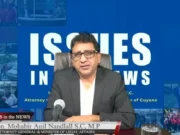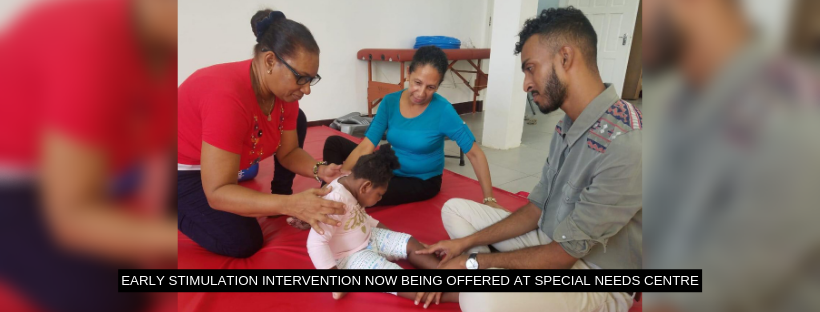The Ministries of Education and Public Health are collaborating to offer Early Stimulation Intervention for individuals and their families affected by Microcephaly, a rare condition in which the brain does not develop properly, resulting in a smaller than normal head.
In a press release issued today by the Ministry of Education, it was revealed that the intervention will be offered at the Centre for Stimulating children, youth and adolescents with special educational needs associated with disabilities (Cyril Potter College of Education Compound).
“The intervention will comprise of transportation to and from the Centre (three days per week), access to speech, occupational and physical therapy sessions. In addition, individuals will have the opportunity to be part of a continued process of assessment by psychologist and pedagogic specialists with the aim of providing early support in keeping with the Ministry of Education’s mandate for inclusive education,” the Ministry said.
Furthermore, it was shared that the intervention will be multidisciplinary and done with the aim of mitigating the known symptoms associated with Microcephaly, thereby allowing the individual to be included as much as possible in the education system. Parents and caregivers will also benefit from training and counselling, the Ministry said.
Microcephaly is a rare condition whose causes can be genetic or environmental (related to toxicity, radiation or infection). It is defined as a condition at birth in which the newborn’s head circumference is less than expected for age and sex.
Microcephaly can be caused by a variety of genetic and environmental factors. Children with microcephaly often have developmental issues. Generally, there’s no treatment for microcephaly, but early intervention with supportive therapies, such as speech and occupational therapies, may help enhance your child’s development and improve quality of life.
Microcephaly is often congenital, meaning it is already present at birth. In other cases, a baby may be born with evidently normal head size, and doesn’t begin showing signs until his first few weeks or even first few months of life
Individuals with microcephaly can have a series of challenges (ranging from mild to severe) based on the severity of the condition. Some of the challenges are as follows:
• Seizures
• Developmental delay, such as problems with speech, walking, sitting-up
• Intellectual disability (decreased ability to learn and function in daily life)
• Problems with movement and balance
• Feeding problems, such as difficulty swallowing
• Hearing loss
• Vision problems
(Ministry of Education press release)











